This post may contain affiliate links.
Mulching your vegetable garden is an important task that helps to protect your plants, conserve water, and prevent weed growth.
There are many materials you can use for mulch, but not all are suitable for every garden.
Let’s discuss the best mulch options for vegetable gardens and their benefits. We’ll also give you some practical tips on mulching your garden properly so you can make the most of this useful gardening technique!
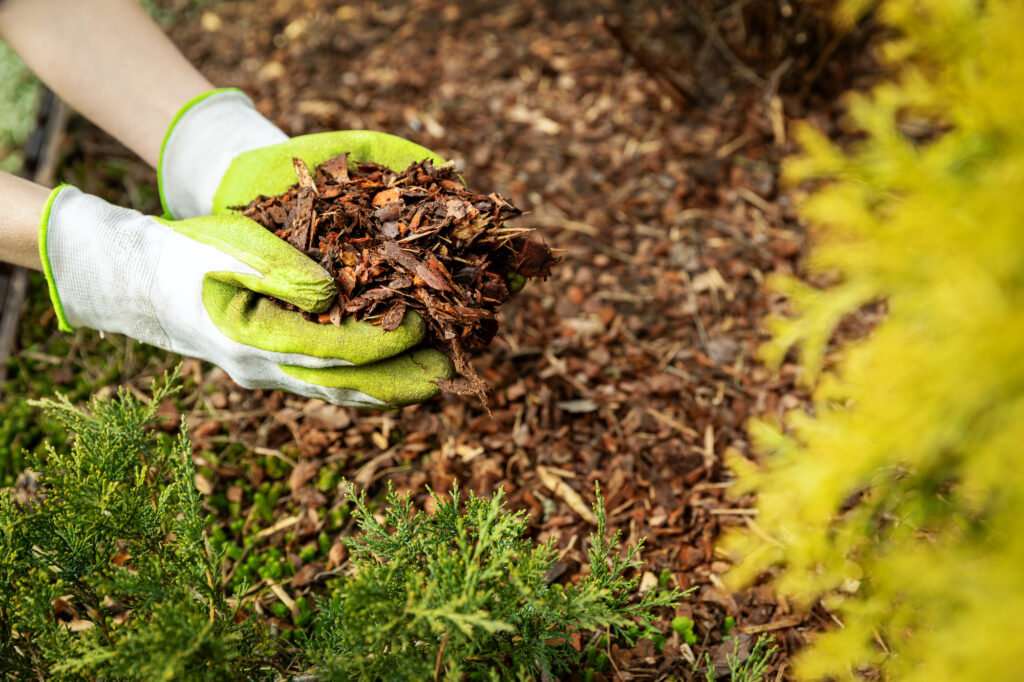
What is Mulching?
Mulching is the process of applying a layer of material to the surface of the soil to protect plants and conserve water. The purpose of mulch is to keep the soil cool, suppress weeds, and retain moisture. Mulching is an important task for vegetable gardens because it helps to improve plant health and yield.
Mulching is also a gardener’s best friend when it comes to garden upkeep. With effectively placed mulch, you will water and weed your plants less and give them nutrients that help them succeed.
Mulching is an important part of taking a no-dig approach to gardening. This means that instead of digging down into your soil with a rototiller or shovel, you allow your soil bed to remain intact year after year.
This is actually a great method for those who do not have the strength or stamina for digging, weeding, and tilling. This method is the best way to ensure healthy, fertile soil in your garden!
How To Start A Vegetable Garden From Scratch (E-Book + Garden Planner)
We’ve curated the perfect garden checklist to help you get organized. Easy-to-understand information is paired with interactive worksheets to start your garden planning and keep you on the right track.
Best Mulch Materials for a Vegetable Garden
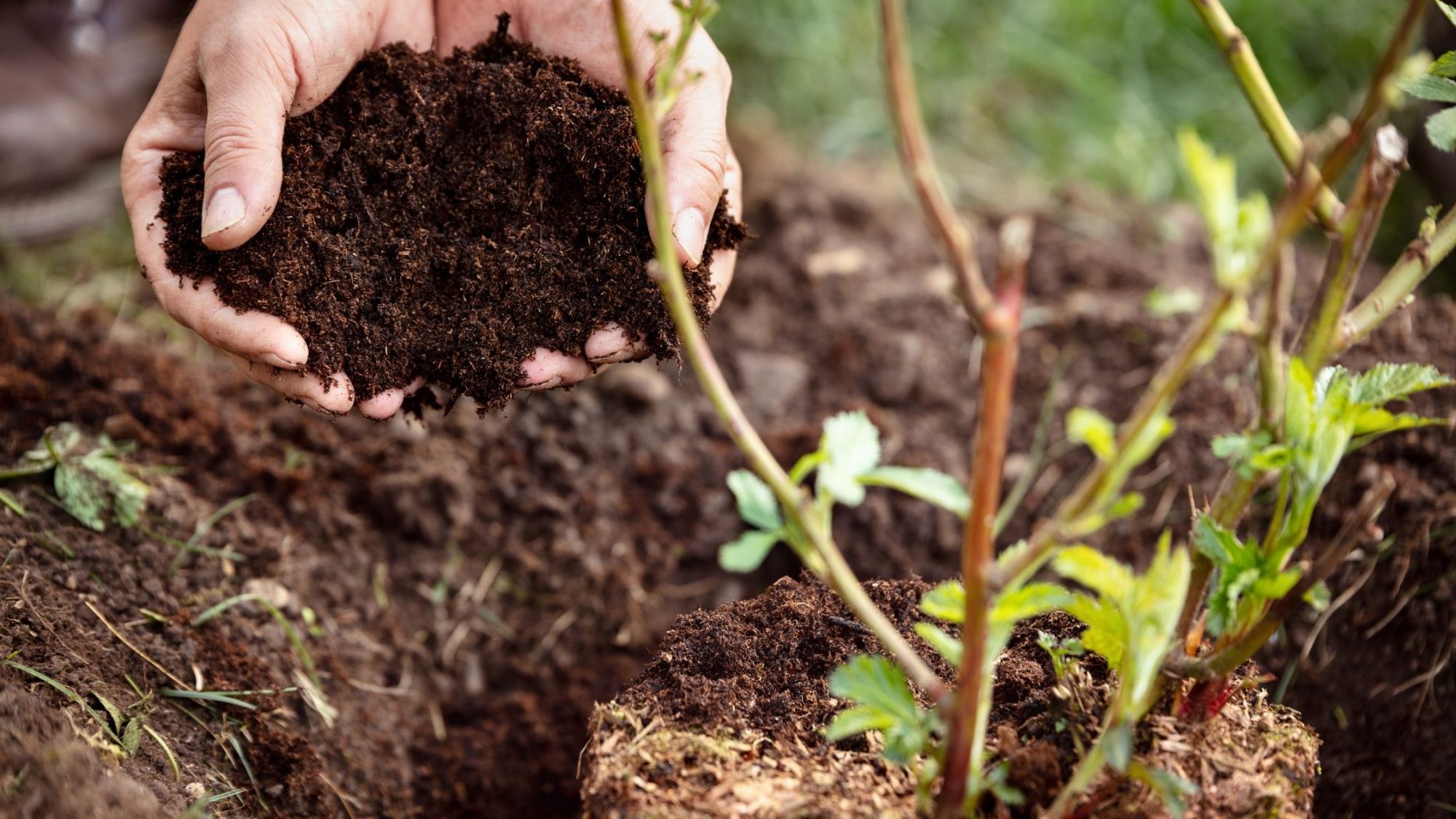
There are a variety of materials that can be used for mulching, but not all of them are suitable for every situation. The best mulch materials for a vegetable garden depend on the climate, the type of soil, and the plants that will be grown.
Some of the best mulches in your vegetable garden are organic matter such as compost, shredded leaves, or bark. These materials help improve the soil’s structure and fertility as they decompose in place.
They also help to suppress weeds and retain moisture. In warm climates, organic matter can help to keep the soil cool. In cool climates, it can help to keep the soil warm.
Compost
Compost is an especially good mulch for vegetable gardens because it not only helps to improve the soil but also provides plants with essential nutrients. In particular, compost is great to add to soil that is high in clay, as it helps to loosen the soil and improve drainage.
Shredded Leaves
Shredded leaves are a good mulching solution if you have a large garden, as they are readily available and can be easily applied. However, they do not last very long and will need to be replaced often. We often use them as cover at the end of the season when they will over-winter. This allows them to decompose into the soil between planting seasons and add nutrients.
Fresh Cut Grass
Fresh cut grass can also be used as mulch around your veggies. We use grass at the beginning of the season when our soil might need a nitrogen boost, especially around green leafy plants that benefit from the nitrogen that fresh-cut grass releases as it decomposes.
It is important to note that you should only use grass that has not been chemically treated so that you are not introducing anything harmful into your garden soil.
Bark or Wood Mulch
Bark (or wood mulch) is another good mulch option for vegetable gardens. It is long-lasting, helps to suppress weeds, and can improve the soil’s structure. We often use wood chips for the more permanent pathways between garden beds so that the wood is not up close to our veggies.
However, it can be expensive and can also attract pests like termites. If you are going to use wood chips or bark in your garden, be aware that wood is high in nitrogen and can cause plants to “burn” if used in excess.
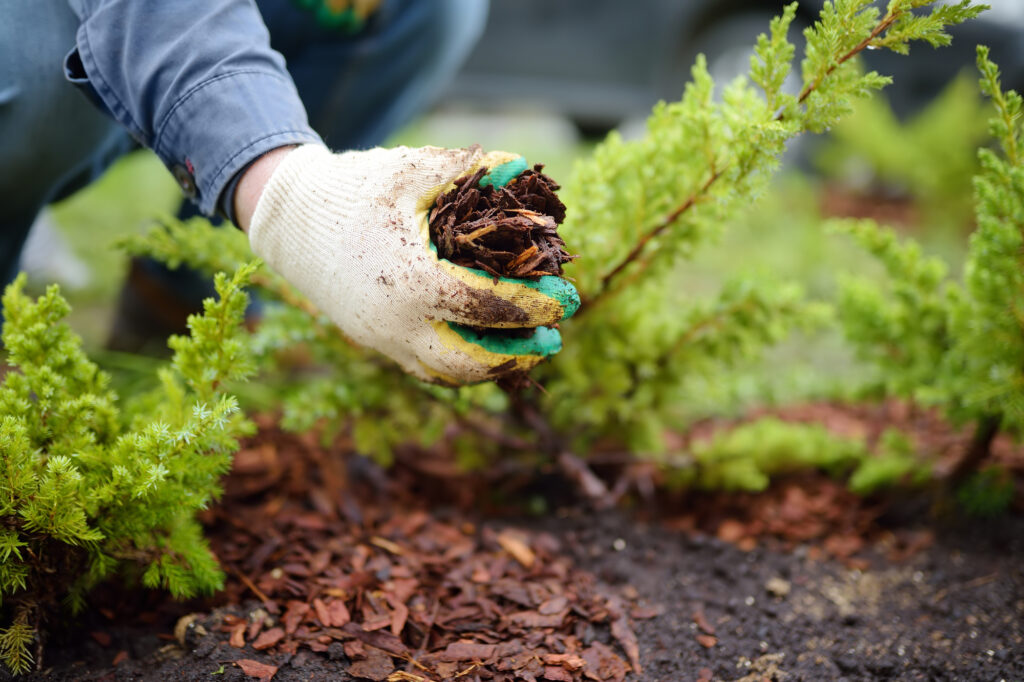
Stones and Gravels
In addition to organic matter, inorganic mulches, such as stones or gravel, are popular vegetable garden choices. They are durable and long-lasting, and they do a good job of suppressing weeds.
However, they do not add any nutrients to the soil and can be expensive to purchase. They are often a good choice for permanent pathways that won’t need to change over time or gardens meant to be a visual respite in your yard.
Garden Fabric or Burlap
Garden fabric, burlap, or large coffee bean bags can also be used in vegetable gardens. These are typically inorganic material that comes in rolls and can be easily applied.
Garden fabric is effective at suppressing weeds and holding in heat. For that reason, garden fabric is especially helpful for things like tomatoes, which are warm.
The downside to garden fabric is that it does not look very pretty, and it can be hard to find a good organic material to put on top so the soil doesn’t become too dry.
Likewise, most garden fabric does not completely decompose, so it will lose its effectiveness but still be present in stringy pieces in your garden. You will likely need to cover it the following year. We lean toward burlap coffee bags made of more natural material and use them in the aisles between plants.
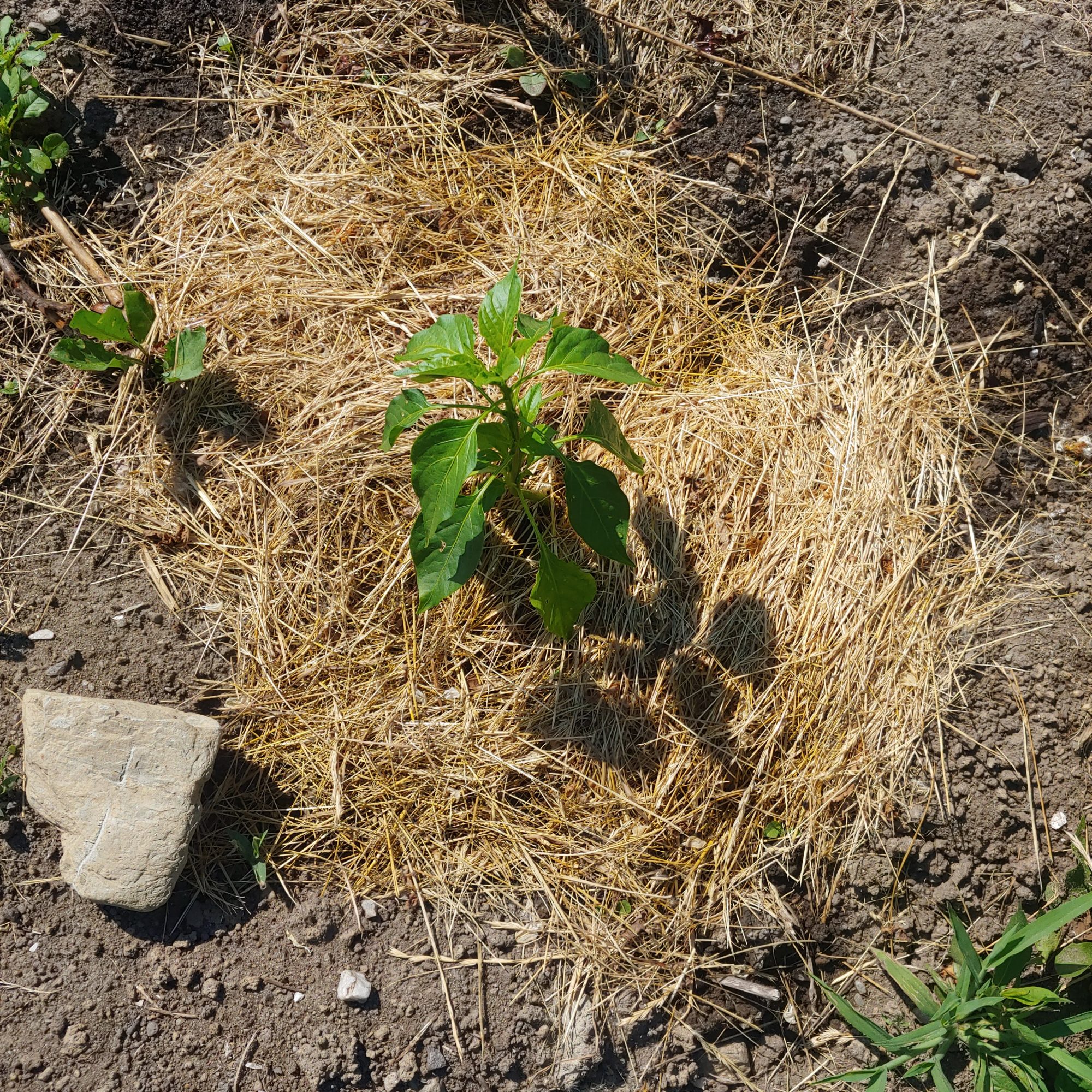
Things to Avoid When Mulching
Avoid using fresh manure as a mulch for active garden beds, as it can contain weed seeds and burn plants.
However, fresh manure can be used when building a new garden bed from scratch because the high nitrogen content will help kickstart the decomposition process and build good soil for the future. Don’t use that bed in the first few months because the manure needs to decompose.
Mulching a Vegetable Garden Tips
There are a few things to keep in mind when mulching a vegetable garden:
- Mulch should be applied around plants, not on top of them. This helps to conserve moisture and prevents the growth of weeds;
- Mulch should be applied in a thin layer. A thick layer of mulch can actually prevent water and air from getting to the soil or allow the fungus to grow; the only place we use a much thicker layer is in aisles or between rows that we want to be more permanent, and we use a dryer mulch here like coffee bags or wood chips;
- Mulch should be reapplied each season or as needed. Fresh mulch helps to suppress weeds and retain moisture;
- Mulch should be chosen carefully, depending on your garden’s needs. Organic mulches, such as compost, shredded leaves, or bark, improve soil structure and fertility. Inorganic mulches like stones or gravel are best for durability and weed suppression.
- If you are creating a brand new garden bed, we highly recommend sheet mulch gardening (sometimes called lasagne gardening). This process layers inorganic and organic material on top of the soil to create a new bed. Over time, those materials decompose and create a well-nourished soil bed without digging into the existing ground layer. You can learn more about sheet mulch gardening in this step-by-step tutorial.
Soil is one of the most important components of a healthy garden, and mulching is one of the best ways to improve soil quality. Using mulch in your vegetable garden can increase yields, decrease weeds, and conserve water. Mulching is a simple way to improve your garden’s health – so what are you waiting for? Get mulching!
FOR MORE GREAT TIPS ON GARDEN SOIL, check out these posts!
- How to Improve Clay Soil in Your Garden
- How to Improve Nitrogen Levels in Your Garden Soil
- How to Re-Use Potting Soil Safely
- How to use Eggshells in the Garden
- How to Water Your Garden Effectively
Carrie Williams Howe is an educational leader by day and an aspiring homesteader by night and weekend. She lives on a small homestead in Vermont with her husband, two children, and a rambunctious border collie. She blogs about her family's homestead life at The Happy Hive.

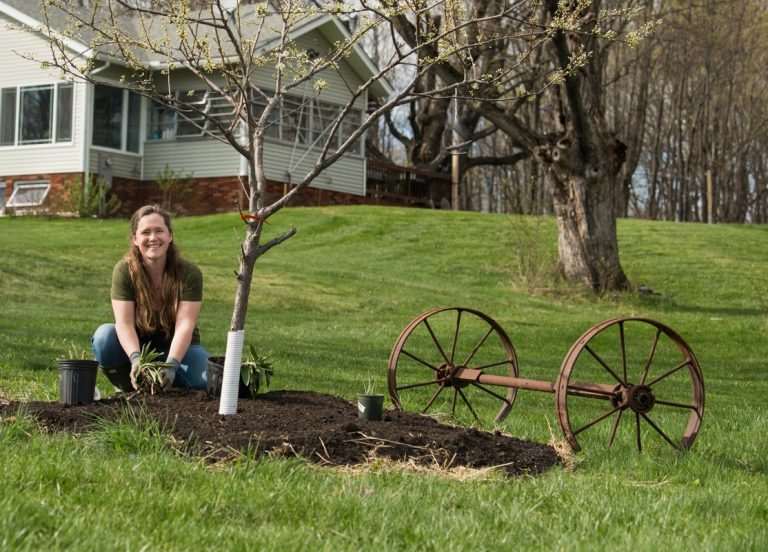
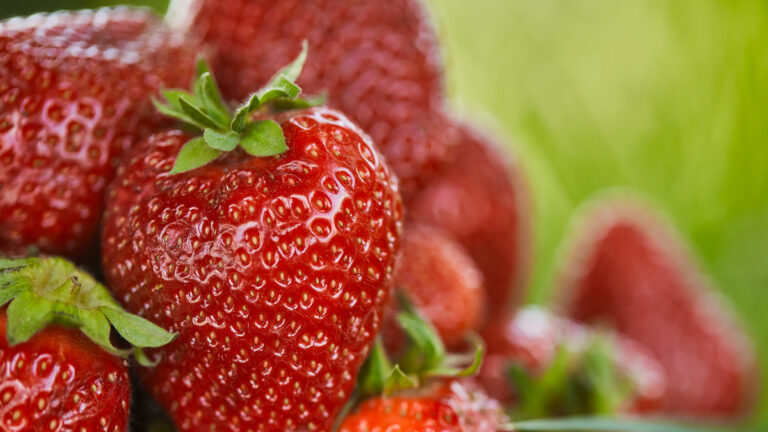
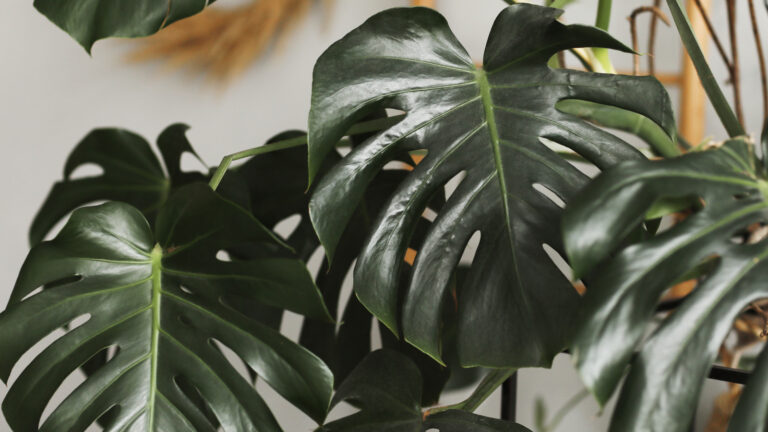
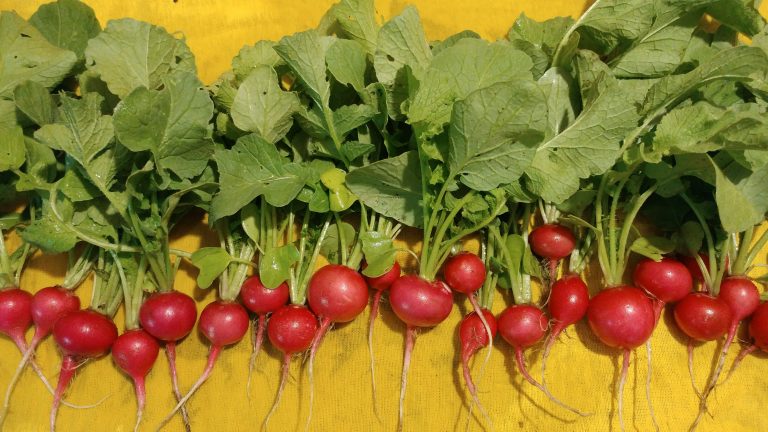
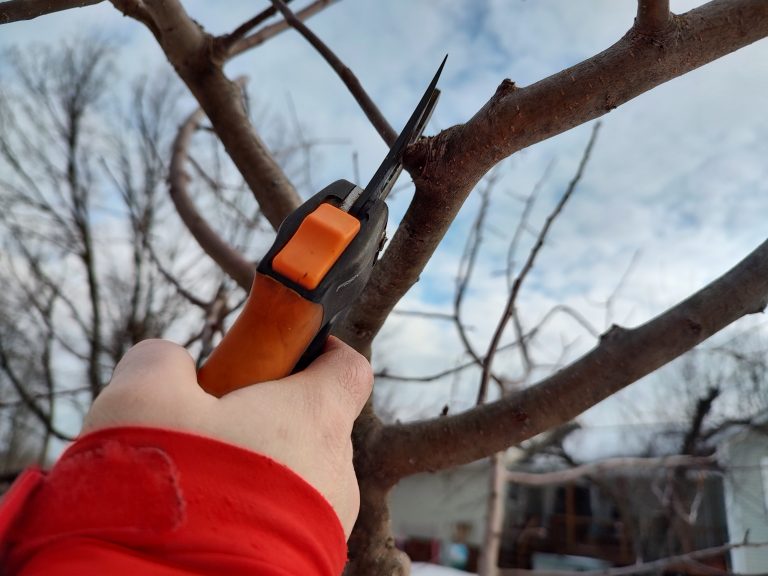
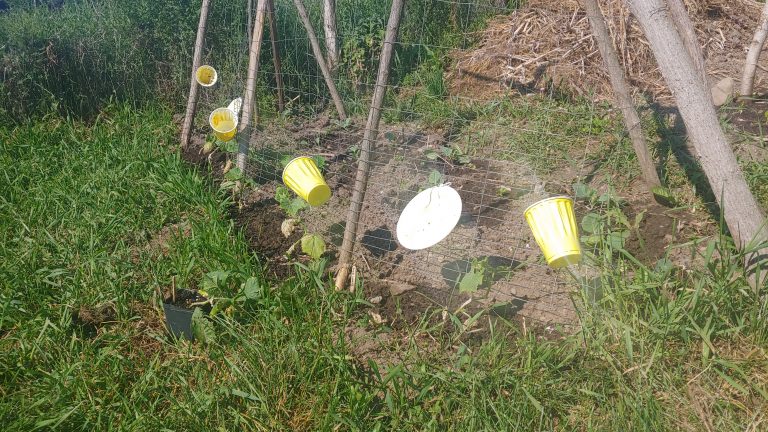
Just wondering.. The pics look like they have straw/hay for mulch. Is it grass clippings? If grass clippings, what are your thoughts on using straw/hay for mulch?
We do use grass clippings as mulch all of the time. They are readily available and we don’t treat our grass so we know it is organic material. You could definitely use straw as mulch or in your aisles in the garden, but make sure it is straw and not hay – hay can have a lot of seeds in it that will lead to new plants sprouting up in your garden!